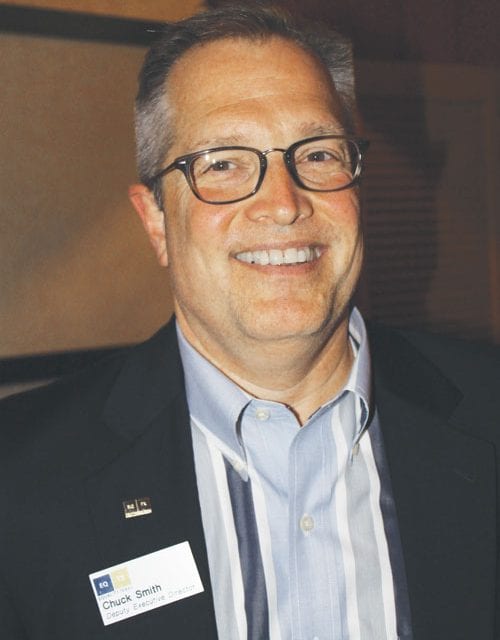Two cities, Dallas and Fort Worth, account for a quarter of the state’s reported bias-motivated incidents
Hate crimes in Texas are under-reported.
To take the data at face value, someone is four times as likely to be a hate crime victim in Dallas than in
Houston or Austin, using statistics released by the Texas Department of Public Safety.
“We know we have an under-reporting crisis,” Equality Texas Executive Director Chuck Smith said.
He’s served on the Travis County Hate Crimes Task Force for several years.
“Some jurisdictions have no interest in reporting,” he said.
He said a number of hate crimes go unreported in jails. When they’re investigated, those incidents are often counted as gang-related but may be racially motivated or may be targeting someone based on sexual orientation.
Around the state, Smith said one of the problems is training. Texas’ James L. Byrd Hate Crime law — signed in 2001 and lists “sexual preference” in its protections — requires police departments to be trained in investigating hate crimes. That would be a responsibility of the Attorney General’s office, but hate crimes are nowhere to be found on that department’s website and no training or training material is provided by the state.
Some training is being done on local levels and Smith cites success with the Austin and University of Texas police departments.
Earlier this month, the FBI released its 2012 hate crime statistics. Texas figures were missing because the state missed the publication deadline. However, the Texas Department of Public Safety lists crime stats on its website. Those will be included in final FBI figures that will be released in January.
According to DPS, 170 hate crimes took place statewide in 2012. Of those, Dallas reported 30 and Fort Worth reported 14. Houston — with twice the population of Dallas — reported one less than Fort Worth.
According to the FBI, 6,718 bias motivated crimes were committed across the country in 2012. Race accounted for almost half of those incidents. Sexual orientation was the next most commonly cited bias accounting for one in five offenses.
In Texas, sexual orientation accounted for a third of all hate crimes reported. Dallas figures match the state stats. Ten of 30 hate crimes in Dallas were based on sexual orientation. Five were religious, seven racial and eight ethnic, which includes crimes against Hispanics.
Of the 1,318 reported bias-motivated offenses based on sexual orientation across the country, 26 were anti-heterosexual. The rest targeted gays, lesbians or bisexuals. Anti-trans violence is not included in these numbers.
Comparing the number of hate crimes reported in Texas to other large states, someone is six times as likely to be a hate crime victim in New York than in Texas. New York is the state closest in population to Texas.
Resource Center spokesman Rafael McDonnell had a different take on why hate crimes are under-reported in Texas. He said people in a state like Texas might be more afraid to report a hate crime here than elsewhere.
“There’s a general distrust of how a police department will treat a hate crime report,” he said.
That may be based on stereotypes and other incorrect information, he said, but many people wonder how seriously a department will take their complaint.
Dallas police LGBT liaison Detective Laura Martin reports hate crimes for the city of Dallas.
She said she was “fairly comfortable” with the numbers she reported. Per capita, the numbers are comparable to other medium and large cities around the country.
“It’s a fair representation compared to other cities,” she said.
She said Dallas police receive extensive training on hate crimes both as rookies and as veterans on the force.
Before including an incident on the city’s hate crime report, she said she reviews it with two other officers, since motive is sometimes subjective.
She said collecting the data helps the department look at patterns and trends and determine how personnel should be deployed.
While hate crimes may be under-reported, she said most victims of crimes in her report are forthcoming with information and volunteer that they believe they were targeted because they are part of a protected category.
She said it wasn’t uncommon for the suspect in a case to repeat the slurs or admit why they targeted an individual.
“Suspects are often loud and proud, too,” she said. “They think they’re somehow furthering their cause.”
This article appeared in the Dallas Voice print edition December 13, 2013.


